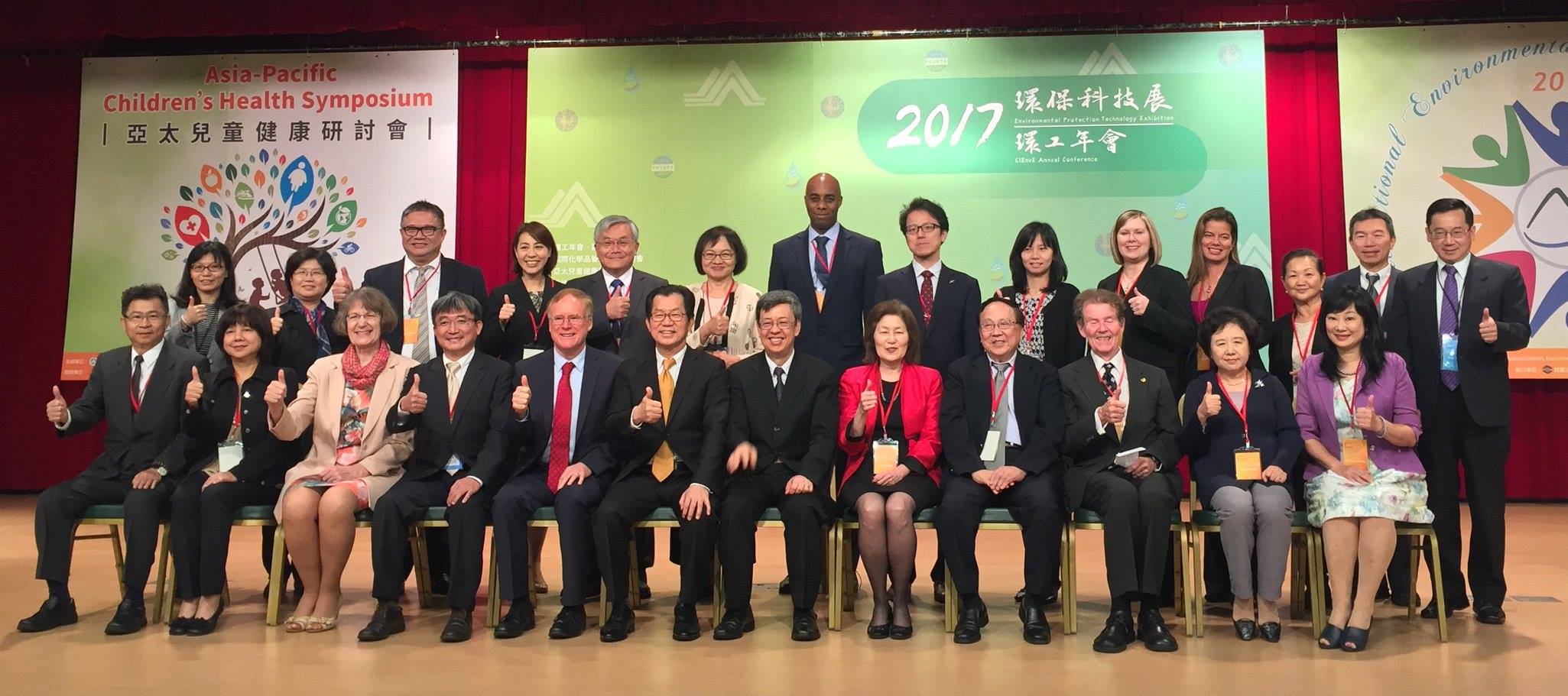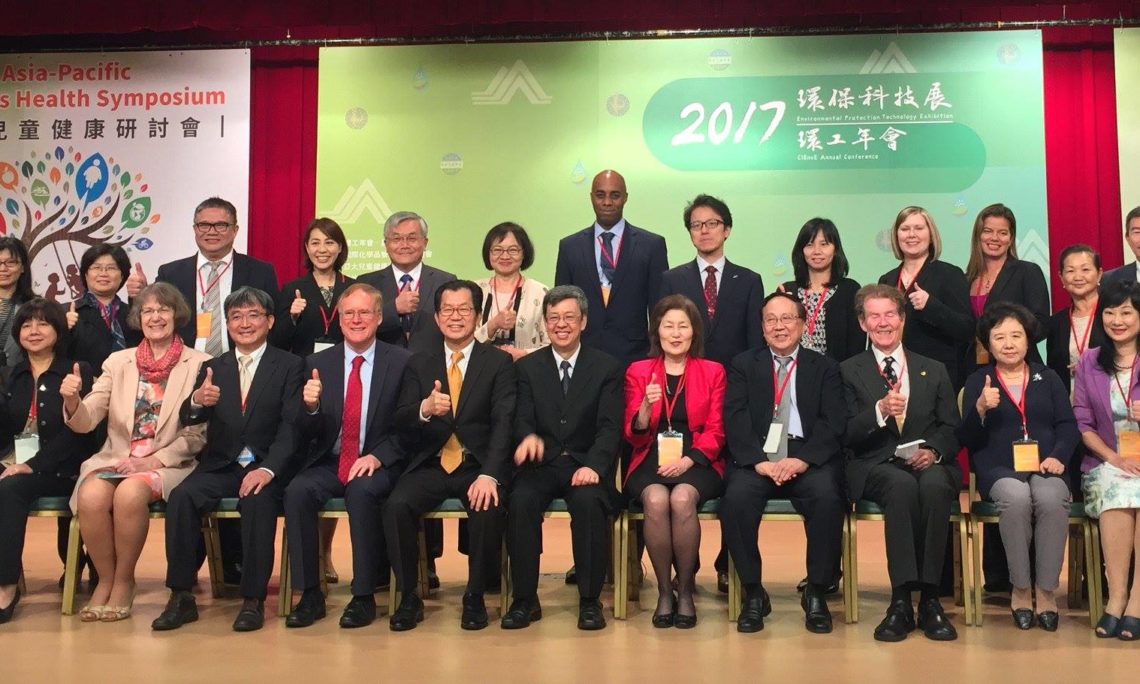
(As Prepared for Delivery)
Vice President Chen, Minister Lee, friends from Taiwan, and those who have traveled here from other parts of the world, good morning.
We are honored to have Vice President Chen here today to open, among many other events, a symposium on children’s health in the Asia-Pacific, held under the auspices of the U.S. – Taiwan International Environmental Partnership.
Let me extend a special welcome to my friend from the U.S. Environmental Protection Agency, Acting Assistant Administrator Jane Nishida, and her colleagues from the U.S. EPA who have flown from the United States to participate in several of the different programs taking place this week. Their presence shows our strong support for Taiwan’s environmental initiatives and our own international partnerships in this area. The fact that we have U.S. EPA experts speaking at multiple events, including chemicals management and site remediation, shows the breadth and depth of our engagement with Taiwan on environmental issues.
This week’s symposium on children’s health follows other IEP events this year on environmental law enforcement and the circular economy.
The United States is proud to continue our cooperation with Taiwan through the International Environmental Partnership, or IEP, which was launched by the U.S. Environmental Protection Agency, Taiwan’s Environmental Protection Administration, and Taiwan’s Ministry of Foreign Affairs in 2014. As we approach the 25th anniversary of formal cooperation between the U.S. and Taiwan environmental agencies, this bilateral partnership, under IEP, has expanded significantly to now include providing technical assistance and pursuing cooperative efforts with countries across Asia and around the world.
It is evident that environmental factors, whether we are talking about air pollution, marine debris, or hazardous waste, all have a profound impact on our health and welfare, but especially on the most vulnerable among us, our children.
While the specific challenges might differ according to each of our economies and development stages, there is much to be gained from the gathering of experts to share information and best practices, as you all are doing this week.
In our increasingly connected world, the biggest challenges will only be solved through international cooperation. Through the IEP, and other U.S. – Taiwan efforts such as the Global Cooperation and Training Framework, we seek to jointly build capacities to tackle issues that cross borders and affect the daily lives of millions.
The United States works with Taiwan to help advance progress on many issues of shared concern, including protecting our people from pandemic diseases, improving energy security through technological innovations, and promoting economic opportunity and gender equality.
These programs also demonstrate to the world why Taiwan should be welcomed as part of the solution to problems facing the international community, given its geographical position at the heart of Asia, its robust economic and people-to-people ties with all of your countries, and its own significant experience and demonstrated capacity.
As you can see, our aim is to provide more than technical expertise. Our goal is to create networks and build bridges between Taiwan, Southeast Asia and South Asia, the Pacific, Europe, and beyond. We strongly believe this kind of cooperation will deliver tangible benefits to the global community and strengthen all of our mutual bonds.
I wish you all a productive week of workshops and conferences, and an enjoyable visit to Taiwan. Thank you.
















![Video Thumbnail [Recovered]-01](../wp-content/uploads/sites/269/Video-Thumbnail-Recovered-01-1-750x450.jpg)





